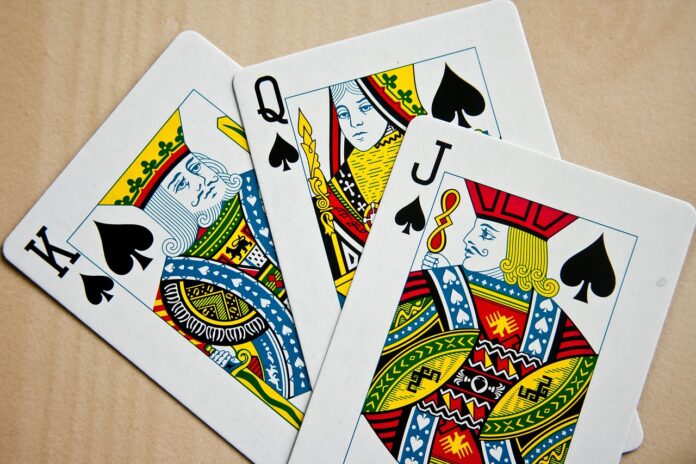The roots of the Yakuza mafia trace back to bakuto gangs, which were involved in gambling card games. In one such game called oicho-kabu, a combination of an eight, a nine, and a three, totaling 20 points, was considered one of the worst hands.
According to the numerical designations used in oicho-kabu, this combination was read as “ya-ku-za,” a term that came to symbolize something useless or a worthless person. Eventually, the term “Yakuza” became associated with the bakuto as a whole, reflecting their reputation as outcasts and failures.
Over time, the Yakuza evolved from their origins in gambling into a highly organized crime syndicate involved in a wide range of illegal activities, including drug trafficking, extortion, and money laundering.
Despite their criminal activities, the Yakuza often present themselves as protectors of the community and enforcers of traditional Japanese values, sometimes even engaging in charitable acts to gain public favor. This duality contributes to their complex and enduring presence in Japanese society, where they continue to wield significant influence both legally and illegally.
